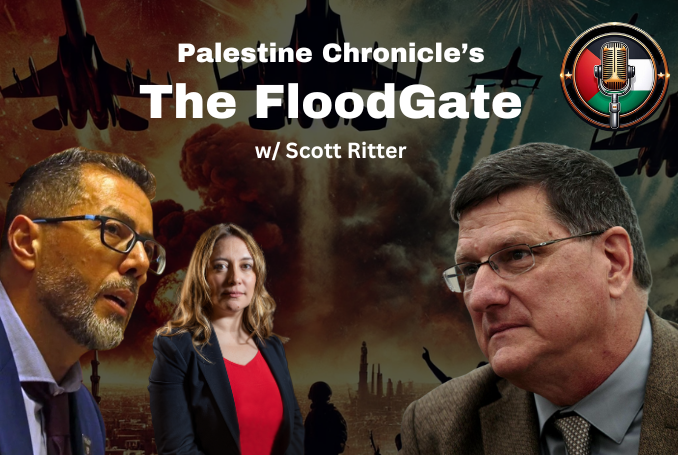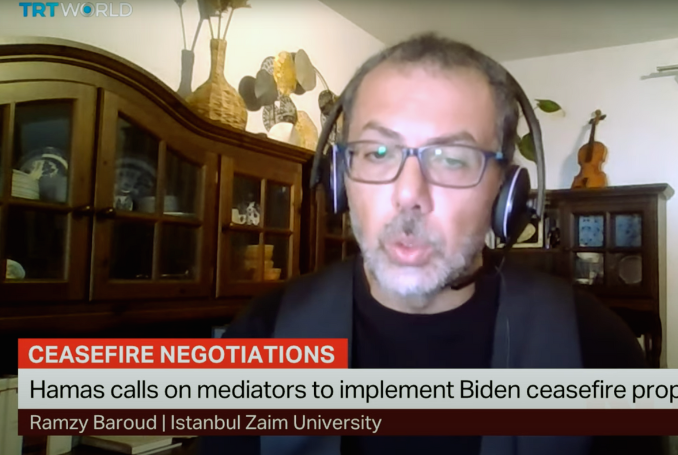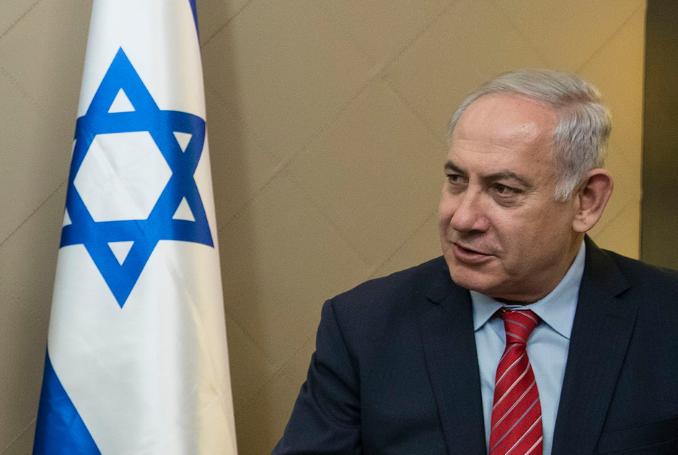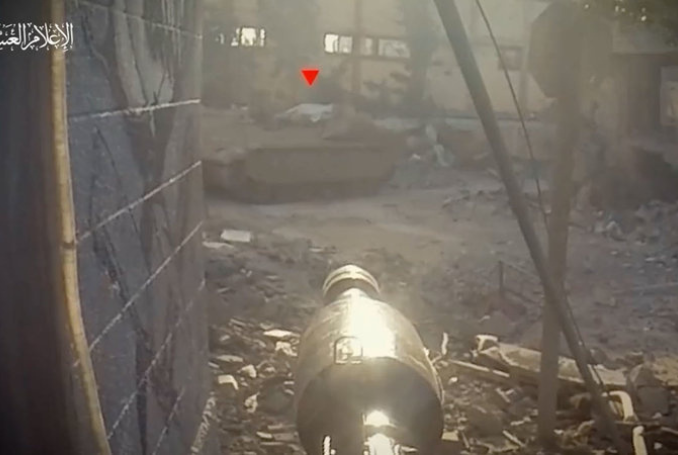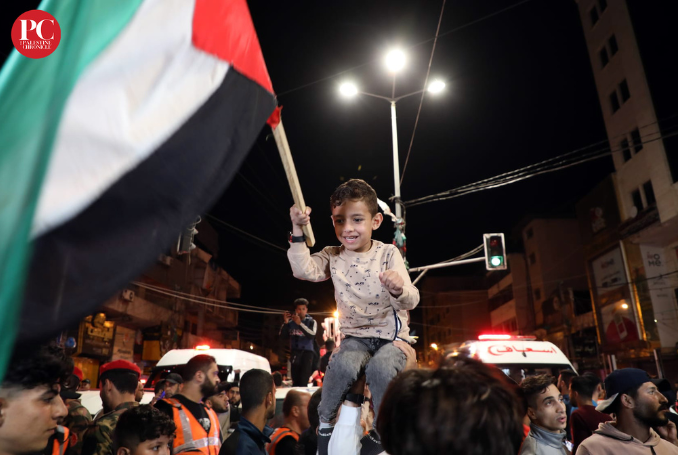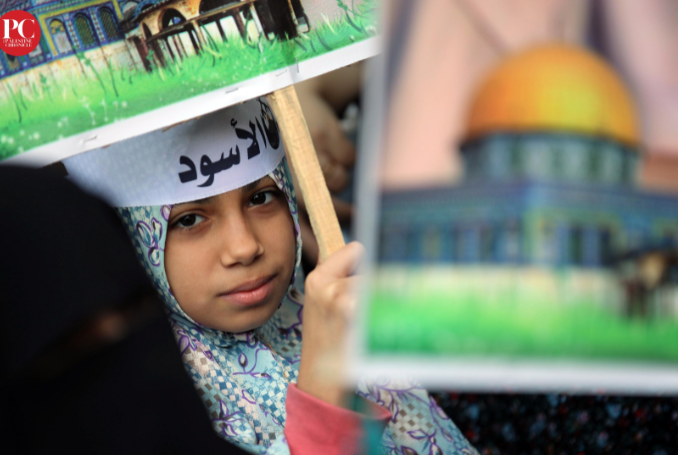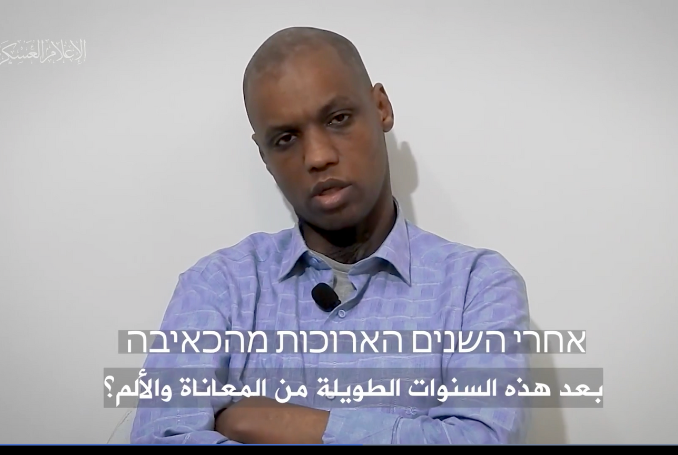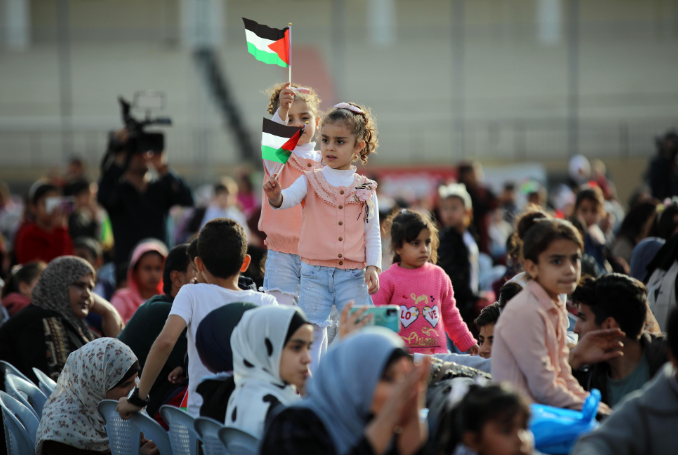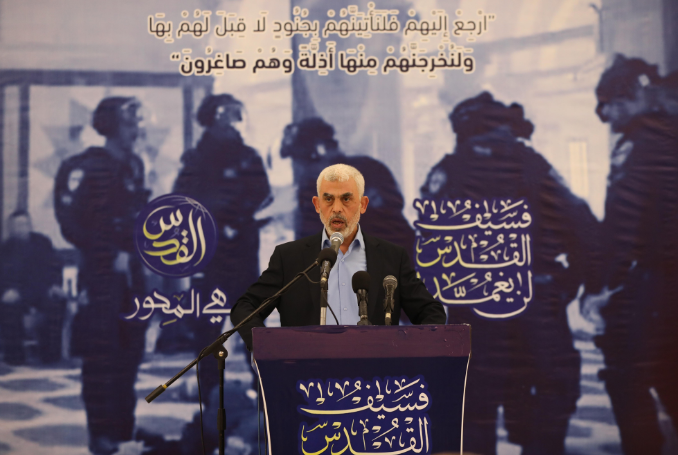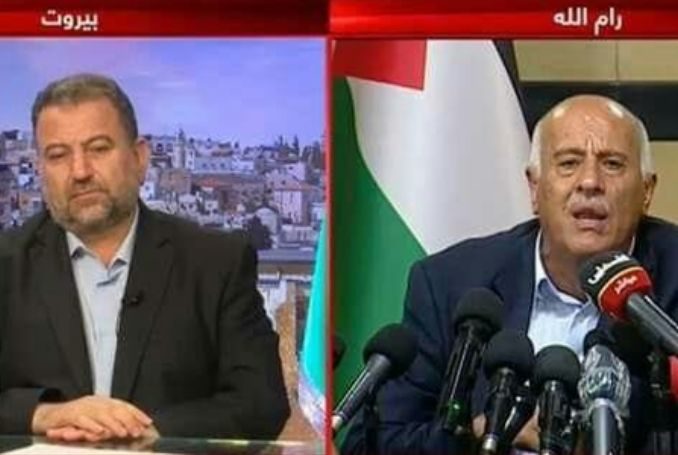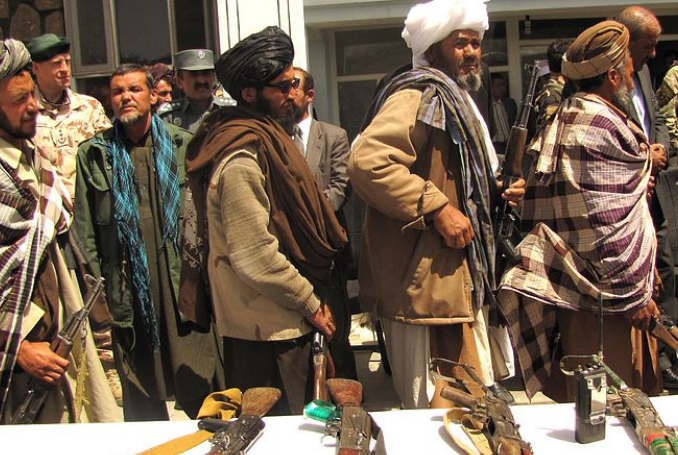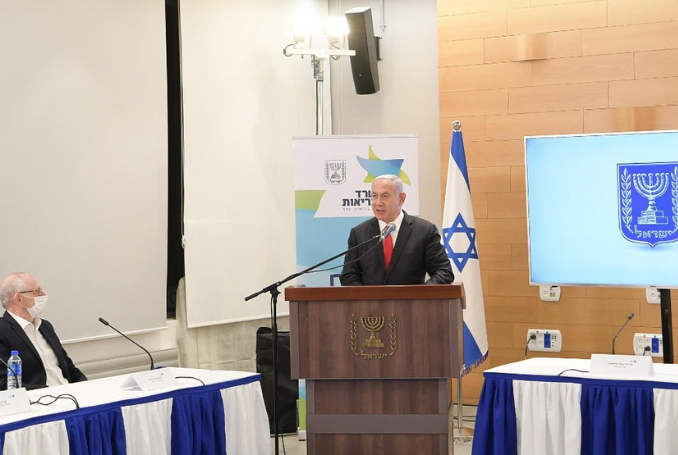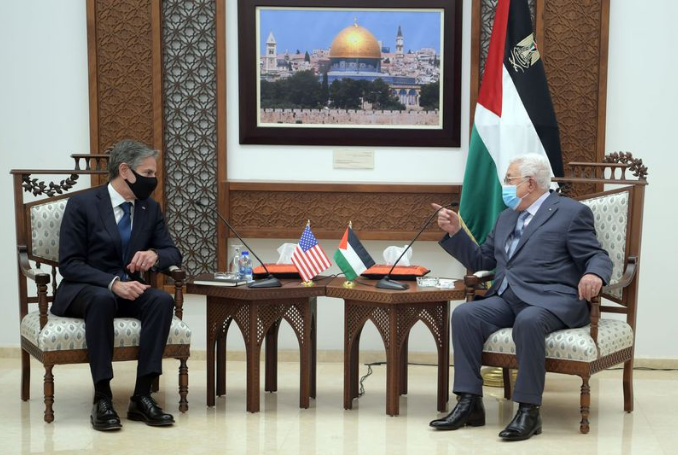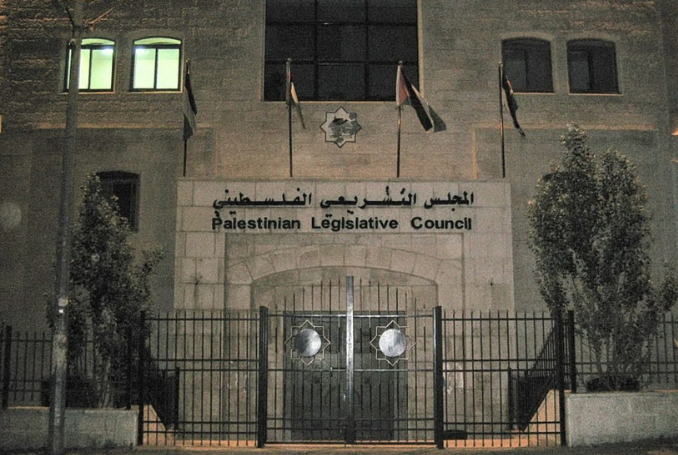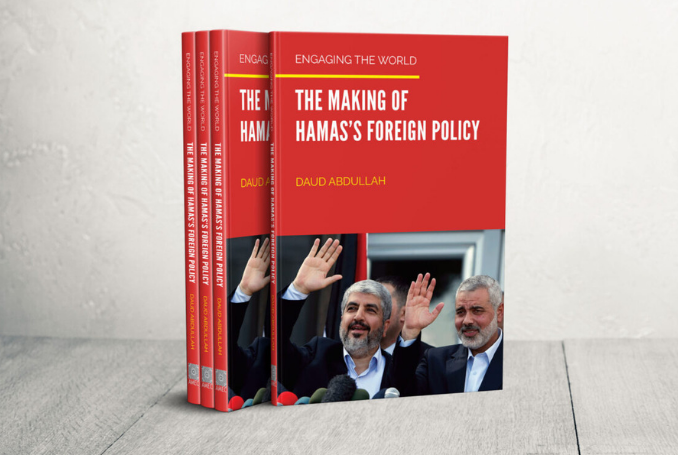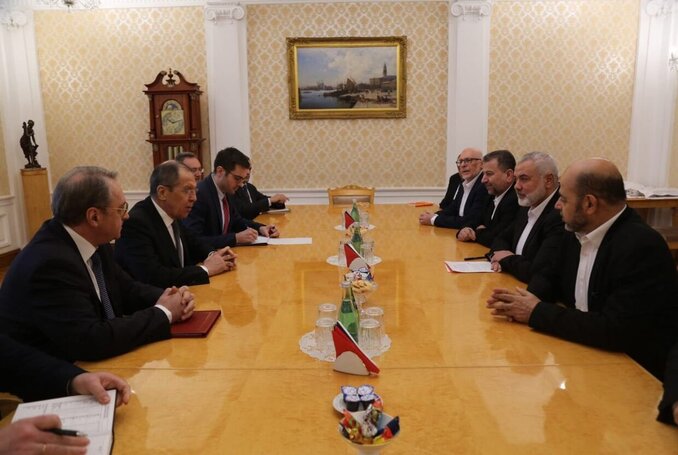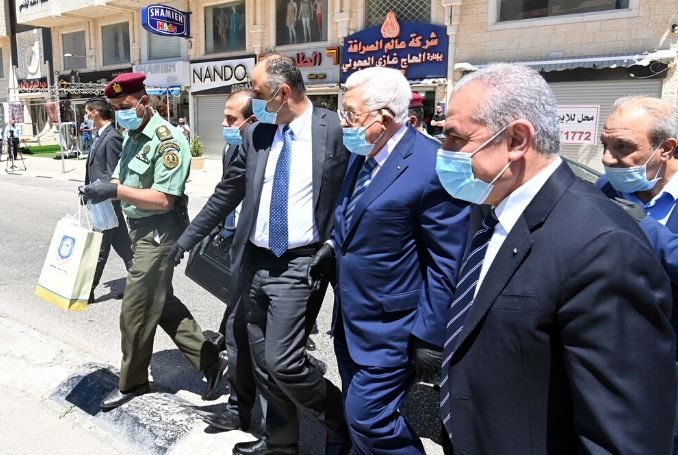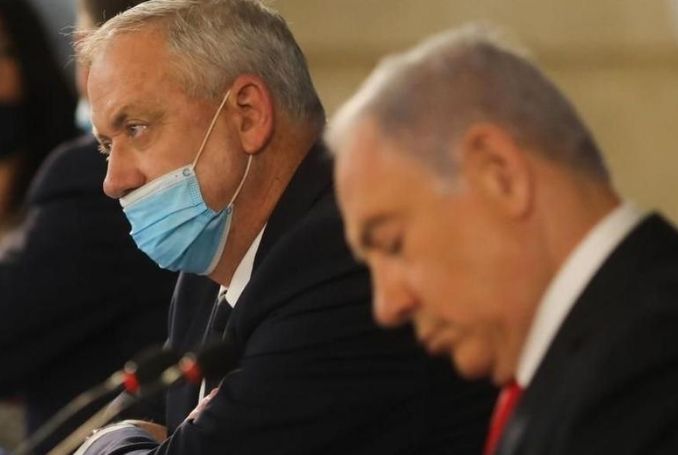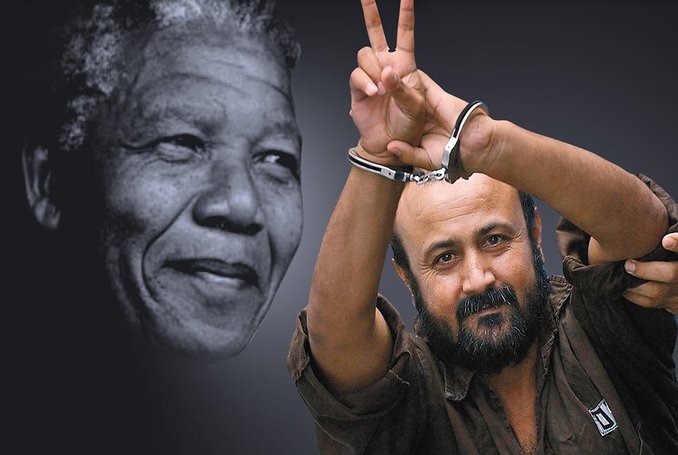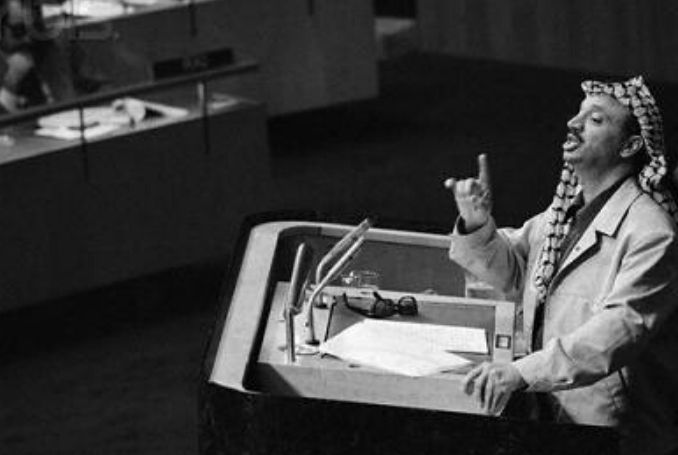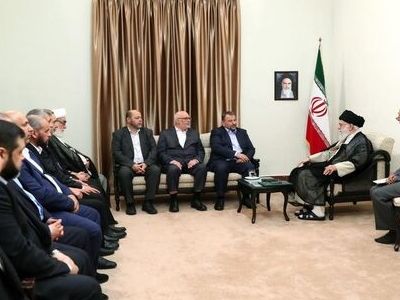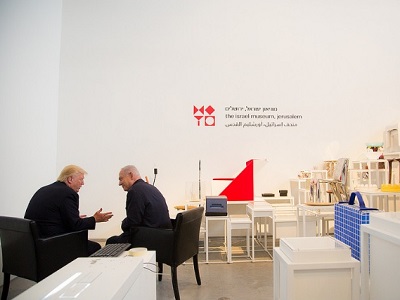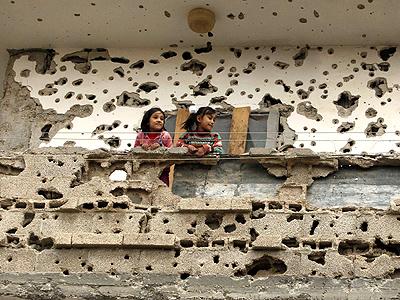- June 4, 2025
FloodGate Podcast Hosts Scott Ritter: Can Trump and Netanyahu Reshape the Middle East?
The conversation also delved into Israel’s mounting losses in Gaza, with newly released figures suggesting nearly 6,000 Israeli soldiers have been killed in 2024 alone.
How Israel Thwarts Ceasefire Talks before They Begin – Baroud Tells TRT (VIDEO)
“I think what Hamas is doing is something they should have done a long time ago, there was indeed an agreed upon proposal … the Palestinians have accepted with no preconditions, with no changes and no alterations.”
‘Wishful Thinking’ – Does Israel Have All the Cards in Gaza?
Netanyahu does not seem to have an actual plan for Gaza, neither for now nor after the war. So, he prolongs the war despite the fact that his army is exhausted, depleted and is being forced to fight on multiple fronts.
Priority of the Oppressed: Let the Small, Red Triangle Guide You
If you ever struggle in deciphering the difference between Palestinian priorities and all others, simply look for that small, red triangle. It will guide you.
New Rules of Engagement: How Palestinians Defeated Netanyahu and Redefined ‘Unity’
It is the unity of those resisting on the ground, from Gaza to Nablus, and from Jenin to Sheikh Jarrah, that matters most.
Failed Experiment: Three Reasons Why Israel Fears a Major War on Gaza
With a rightwing, pro-war constituency that is far more interested in illegal settlement expansion and ‘security’ than economic growth or socio-economic equality, Netanyahu should, at least technically, be in a stronger position to launch another war on Gaza. But why is he hesitating?
A State for Some of Its Citizens: Captured Black Soldier’s Saga Highlights Racism in Israel
While Palestinians are resisting Israel’s military occupation and apartheid, Ethiopian Jews should mount their own resistance for greater rights.
15 Years of Failed Experiments: Myths and Facts about the Israeli Siege on Gaza
Inevitably, Israel’s political experiment in Gaza has backfired, and the only way out is for the Gaza siege to be completely lifted and, this time, for good.
The Limits of Israeli Intelligence: Does Israel Have a Yahya Sinwar Problem?
It is the unity of the Palestinian people themselves, around a set of values, new language and a collective frame of reference. Deep down, this is what truly terrifies Israel most, not the speeches of Sinwar or any other.
The Untold Story of Why Palestinians Are Divided
In post-Abbas Palestine, Palestinians must reflect on this tragic history and, instead of aiming for easy fixes, concentrate on finding common ground beyond parties, factions, clans and privilege.
On Afghanistan and Legitimate Resistance: Should Hamas, Hezbollah Learn from the Taliban?
The victory of the Taliban will extend well beyond the borders of Afghanistan, breaking the limits imposed on the discussion by western-centric officials, media and academia, namely the urgently needed clear distinction between terrorism and national liberation.
On the Politics of Victory and Defeat: How Gaza Dethroned the King of Israel
Netanyahu struggled to redeem his image. It was too late. As strange as this may sound, it was not Bennett or Lieberman who finally dethroned the ‘King of Israel’, but the Palestinians themselves.
The Fumbling King of Palestine: Palestinians are Defeating the Oslo Culture
Neither Washington, Tel Aviv, nor Mahmoud Abbas’ PA can possibly resuscitate the past and the miserable culture that Oslo has imposed on the Palestinian people. Only Palestinians can lead this transition for a better future, that of national unity, political clarity and, ultimately, freedom.
Elections under Fire: Palestine’s Impossible Democracy Dilemma
Palestine, like other Middle Eastern countries, including Israel, does have a crisis of political legitimacy. Since Palestine is an occupied land with little or no freedom, one is justified to argue that true democracy under these horrific conditions cannot possibly be achieved.
Engaging the World: The Making of Hamas’s Foreign Policy
Abdullah’s volume on Hamas is a must-read, as it offers a unique take on Hamas, liberating the discussion on the Movement from the confines of the reductionist Western media’s perception of Hamas as terrorist – and of the counterclaims, as well. In this book, Hamas is viewed as a political actor, whose armed resistance is only a component in a complex and far-reaching strategy.
The Russian Alternative: How Moscow is Capitalizing on US Retreat in Palestine, Israel
The US now has no other option but to slowly retreat from its previous commitments to the peace process: in fact, the region as a whole. As is often the case, any American retreat means a potential opening for Russia, which is now laying claim to the role of peace broker, a seismic change that many Palestinians are already welcoming.
In Lieu of a Liberation Strategy: Palestinian Elections are Designed to Buy Time
Even successful elections within the Oslo framework would further divert Palestinian energies from their liberation project in favor of another political dead end, that will only protect the ‘gains’ of Palestine’s ruling elites, while selling more false hope that the coveted peace is still at hand to ordinary Palestinians.
Netanyahu vs Gantz: Gaza Escalation as Reflection of Israel’s Political Rivalry
Certainly, for as long as Israeli leaders continue to see a war on Gaza as a political opportunity and a platform for their own electoral games, the siege will carry on, relentlessly.
Why Palestinian-Israeli Prisoners Exchange Deal Could Happen Soon?
Now that his illegal annexation of West Bank land scheme has been postponed, Netanyahu is in desperate need of another battle that would present him as some kind of hero in the eyes of Israelis, especially his right-wing constituency.
The Infallible Warrior: Honest Reflections on the Legacy of Yasser Arafat 15 Years after his Death
By Ramzy Baroud 15 years after the passing of Palestinian leader Yasser Arafat, the Palestinian people continue to reflect on his legacy. Thousands of images of “Abu Ammar” have been shared across numerous social media platforms remembering a man whose nom de guerre has been affiliated with the Palestinian struggle for decades. Arafat’s legacy, however, […]
The Last Lifeline: The Real Reason behind Abbas’ Call for Elections
By Ramzy Baroud The call by Palestinian Authority President Mahmoud Abbas for elections in the Occupied Territories is a political ploy. There will be no true, democratic elections under Abbas’ leadership. The real question is: why did he make the call in the first place? On September 26, Abbas took on the world’s most important […]
Israeli Folly: How Netanyahu Cemented the Hezbollah-Hamas-Iran Alliance
By Ramzy Baroud To serve his limited political agenda, Israeli Prime Minister, Benjamin Netanyahu, may have unwittingly unified various resistance groups in the Middle East after years of separation and discord. On August 24-25, Netanyahu ordered the Israeli army to strike several targets of parties he perceives to be allies of Iran in the region. The unprecedented […]
The Two Narratives of Palestine: The People Are United, the Factions Are Not
By Ramzy Baroud The International Conference on Palestine held in Istanbul between April 27-29 brought together many speakers and hundreds of academics, journalists, activists and students from Turkey and all over the world. The Conference was a rare opportunity aimed at articulating a discourse of international solidarity that is both inclusive and forward thinking. There was a […]
Great March of Return is Palestinians’ Cry for Justice
By Ramzy Baroud The aims of the Great March of Return protests, which began in Gaza on March 30 last year, are to put an end to the suffocating Israeli siege and implement the right of return for Palestinian refugees who were expelled from their homes and towns in historic Palestine 70 years ago. But […]
Uniting Fatah, Not Palestinians: The Dubious Role of Mohammed Shtayyeh
By Ramzy Baroud Political commentators sympathetic to the Palestinian Authority (PA) and the Fatah Movement, in particular, fanned out as soon as the news was announced of Mohammad Shtayyeh’s appointment as the new Palestinian Prime Minister. It is no surprise to witness this gush of support and enthusiasm, for Shtayyeh is a Fatah man, par excellence. […]
Russian Mediation: The Critical Messages of the Hamas-Fatah Talks in Moscow
By Ramzy Baroud The Russian-sponsored Palestinian unity talks in Moscow on February 11 were neither a success nor failure. Uniting Palestinian factions was not the primary objective of the Moscow conference, in the first place. Instead, the nature of the event, the host country and the explicit messages sent to Washington and Tel Aviv were […]
Netanyahu’s Predicament: The Era of Easy Wars is over
By Ramzy Baroud When Israeli Prime Minister, Benjamin Netanyahu, ordered his army to carry out a limited operation in the besieged Gaza Strip on November 12, he certainly did not anticipate that his military adventure would destabilize his government and threaten the very survival of his right-wing coalition. But it did, far more than the […]
What Lies Beneath: The US-Israeli Plot to ‘Save’ Gaza
By Ramzy Baroud Israel wants to change the rules of the game entirely. With unconditional support from the Trump Administration, Tel Aviv sees a golden opportunity to redefine what has, for decades, constituted the legal and political foundation for the so-called ‘Palestinian-Israeli conflict.’ While US President Donald Trump’s foreign policy has, thus far, been erratic […]
Ramzy Baroud, Institute for Palestine Studies: The Gaza Truce: at What Price?
A new discourse regarding the future of Gaza has slowly emerged in recent months, emanating mostly from Washington and Tel Aviv and involving several Arab countries, most notably Egypt. U.S. and Israeli officials have been speaking in forked tongues. While justifying the killing and wounding of thousands of protesters at the fence separating Gaza from […]
Eclipsing Factionalism: The Missing Story from the Gaza Protests
By Ramzy Baroud The Gaza border protests must be understood in the context of the Israeli Occupation, the siege and the long-delayed ‘Right of Return’ for Palestinian refugees. However, they should also be appreciated in a parallel context: Palestine’s own factionalism and infighting. Factionalism in Palestinian society is a deep-rooted ailment that has, for decades, […]


